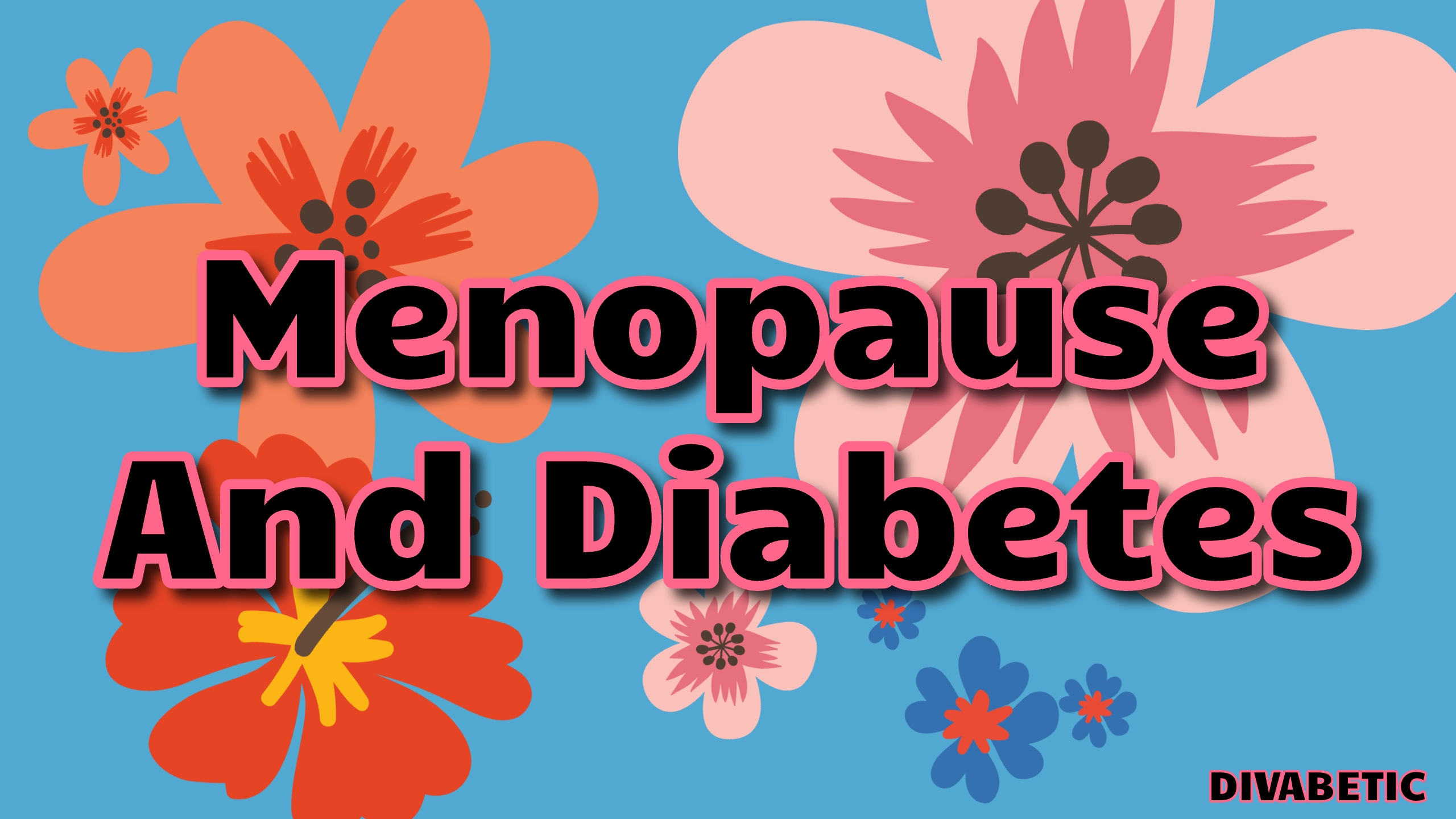Enjoy highlights from Divabetic’s World Menopause Day Panel discussion on Wednesday, October 18, 2023. Our panel was moderated by Divabetic Image & Style Advisor Catherine Schuller and featured Dr. Julianne Arena, Donna Rice, and Amparo.
According to research, hormone levels (most notably estrogen and progesterone) fall dramatically during menopause. Changes to our hormones can affect our blood sugar levels and make managing diabetes more difficult.
Dr. Julianne Arena is a double board-certified physician, a board-certified OBGYN who applies traditional, integrative methods and a multi-layered approach to helping women with sexual health and intimacy issues. She’s also a practitioner of Cliovana, the only treatment available that improves long-term clitoral stimulation with proven sound wave technology. Her goal is to help women create optimal and vibrant lives.
Catherine Schuller is the go-to person in the image industry for all things style and fashion for the plus-size woman. She began as a former Ford Model and became a spokesperson for the industry, a retail editor for Mode magazine, and wrote the highly acclaimed how-to guide The Ultimate Plus Size Modeling Guide, which has helped thousands of young women who want to enter the plus size modeling field. She is a frequently quoted media expert on the puls-size market. She has appeared five times on The View, The Today Show, The Early Show, eight times on Neal Cavuto’s Your World, and many television and radio shows across the United States.
Donna Rice is a registered nurse and a Certified Diabetes Care and Education Specialist. She is a national and international thought leader and author of four books, including Divabetic’s ebook Sweet Romance: A Woman’s Guide To Love And Intimacy With Diabetes. She is a Past President of the Association of Diabetes Care and Education Specialists and the Past President of the Diabetes Health and Wellness Institute for Baylor Health Care Systems in Dallas, Texas. Donna is the Chief Operating Officer for DiabetesSisters and The Chief Evangelist for Call-ai, working on voice-driven AI for diabetes care and education.

Divabetic’s e-book, Sweet Romance: A Woman’s Guide to Love And Intimacy With Diabetes is available now. Inside you’ll find:
- The common physical and emotional sexual complications of diabetes and treatment options for men and women
- An overview of diabetes nutrition, physical activity, weight loss, and diabetes medications
- Information on how aging impacts diabetes management and intimacy
- Guidance on how to talk to your health care provider about intimacy-related issues
- Ideas and techniques for building sexual intimacy and communicating effectively with your partner
- Tips to help you avoid dangerous or money-wasting fraudulent sexual treatments
Authors Janis Roszler and Donna Rice use humor, helpful examples, and insightful questions to present key topics about sexual health in an engaging, approachable way. This series is perfect for anyone (regardless of gender, sexual orientation, age, or health status) looking to rekindle intimacy with their partner or be proactive about their sexual and emotional well-being.






















